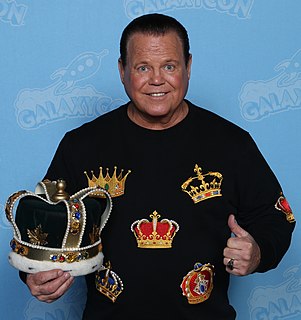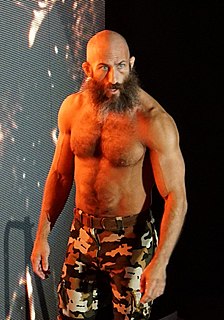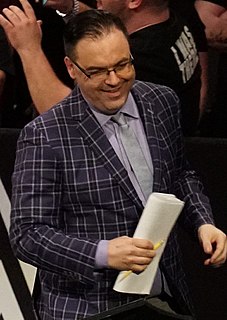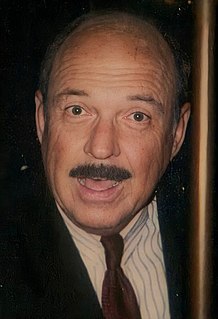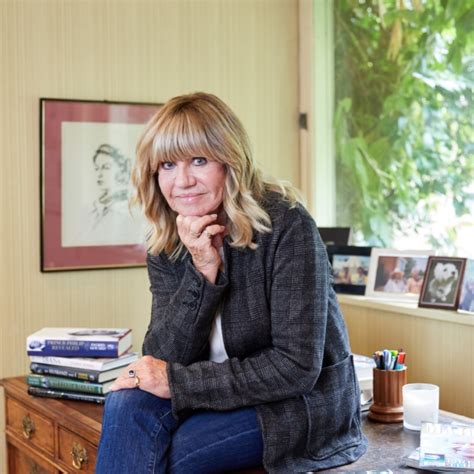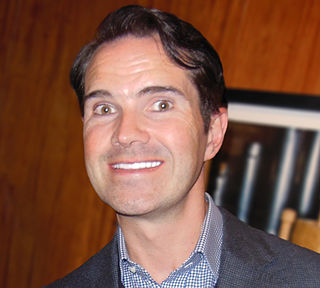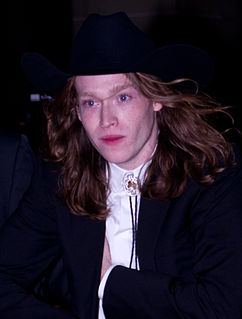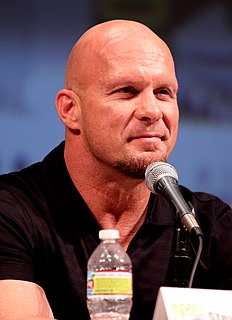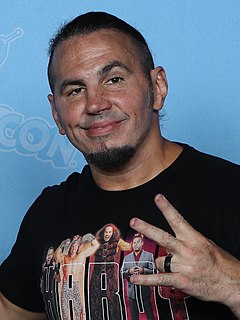A Quote by Jerry Lawler
Jim Ross you're a fine one to talk about how someone is dressed.
Related Quotes
For me, it's not important whether [subjects] are naked, half-naked, or dressed. What I'm more interested in is how they present themselves: if someone is half-naked and having self-confidence or you have the feeling that she has or he has control of the situation. She likes to do it. Then I have nothing against it. But it's true that society doesn't talk about such issues. They just talk about whether there is a breast or not, but for me it's more interesting how the power game of camera and object is shown. And if it's a cool picture.
I'm very aware that pro wrestling fans can be some of the most vocal and passionate and descriptive about how they feel when it comes to pro wrestling. So I'm totally fine with how fans talk about how they feel, cause if they're not allowed to voice how they feel, then what's the point of being a wrestling fan. You gotta know what you like and what you do't like and that's fine.
If you're a good fighter on the street, you don't have to tell anybody that you're good at fighting. Let someone else talk about how great you are at this or that or whatever is the case. And if no one finds out then no one finds out, that's fine too. But I think leading by example is always the strongest.
